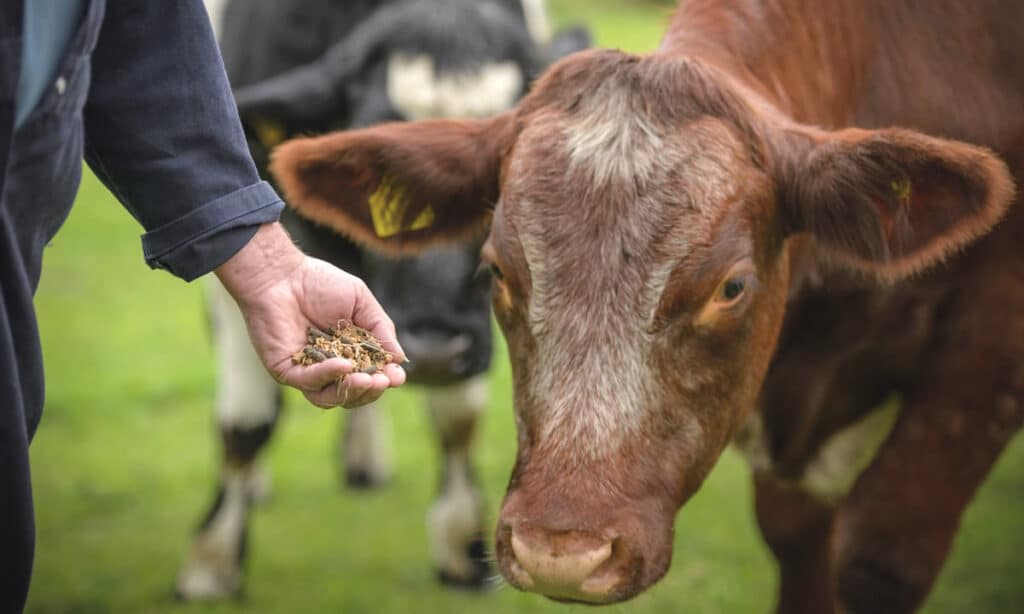I think it’s fair to say this summer has been a far cry from the sunshine and record commodity prices of summer 2022.
Rain has made for an incredibly difficult harvest for tillage farmers. The washout summer, a contraction in milk price in excess of 30 per cent and continuing uncertainty about what, if any changes will happen to the nitrate’s derogation are among the challenges faced by dairy farmers at present. The former has managed to stay in the farming news or certainly the consciousness of farmers for much of the year and there’s little respite from it in sight either. There’s a line that the European Commission will make a decision in October while there’s another line of thought that a call won’t be made on it until early in the new year.
The unknown timing is making it very difficult for farmers to plan and as John Fitzgerald of Bank of Ireland said at a meeting recently, it’s difficult for them to sort long-term finance for farmers when they have no idea if there are potential production cuts ahead or not. As agri-manager covering three counties, Cork, Tipperary and Waterford, where dairy underpins the rural economy, he knows the challenges financially that will be placed on farmers if their production is compromised.
As difficult as that would be for someone trying to sort a loan now, I’m sure it could cause even more headaches for those with well-established loans and could lead to some restructuring. Teagasc had a study out recently where almost two-thirds (57pc) of farmers had experienced stress on anxiety in the last five years and that figure didn’t surprise me. I find it’s best not to dwell on every possibility that could occur on-farm because there are just too many uncontrollables. Weather, workload, markets, finances or animal health issues not going your way can be difficult to deal with as standalone items but if two or more come at once and there’s not a good support network around you.
Political shake up
While some constituencies experienced changes, the electoral commission decided against tinkering with the boundaries of Cork South west but from an agricultural perspective at least it become a key constituency.
Among the current Oireachtas members, there’s a pair of party spokespeople on agriculture, one of whom, Holly Cairns, is also a party leader, while Senator Tim Lombard was appointed to that role for Fine Gael. Michael Collins has been very vocal on agricultural issues as part of the Rural Independents grouping and Fianna Fail’s Christopher O’Sullivan has increased his contributions on agricultural topics significantly since elected. All four have maintained prominence in the national media throughout the year representing an area where the primary sector plays a large part in the local economy. Outside of the incumbents in Leinster House, Sinn Fein are touted as a government-in-waiting, so it will be interesting to see if their candidate, Clare O’Callaghan can get elected. Although relatively unknown, if the party repeats their general election performance of 2020, there’s every chance she could be in the mix for a seat.
Throughout the country however, there are a growing number who feel farming isn’t represented enough politically and among their number are a group who have set up a new political party.
The Farmers’ Alliance have stated they intend to run candidates in upcoming elections and as one of their most prominent spokespeople to date is Bantry suckler farmer Helen O’Sullivan, there’s every chance they could be an option for voters in the constituency in future elections.
History has shown, establishing a new political party isn’t easy but there’s an increase in farmers’ views towards both Fine Gael and Fianna Fail in recent years. Their vote has mainly drifted towards independent politicians so now a new farmers’ party could draw more votes from them. A recent Irish Farmers Journal poll of 2,000 farmers showed that three in four farmers would be willing to give their first preference vote to a farmers’ political party if one was to be on the ballot. With local, European and national elections all ahead in the next 18 months, there’s interesting political times ahead for farmers.



